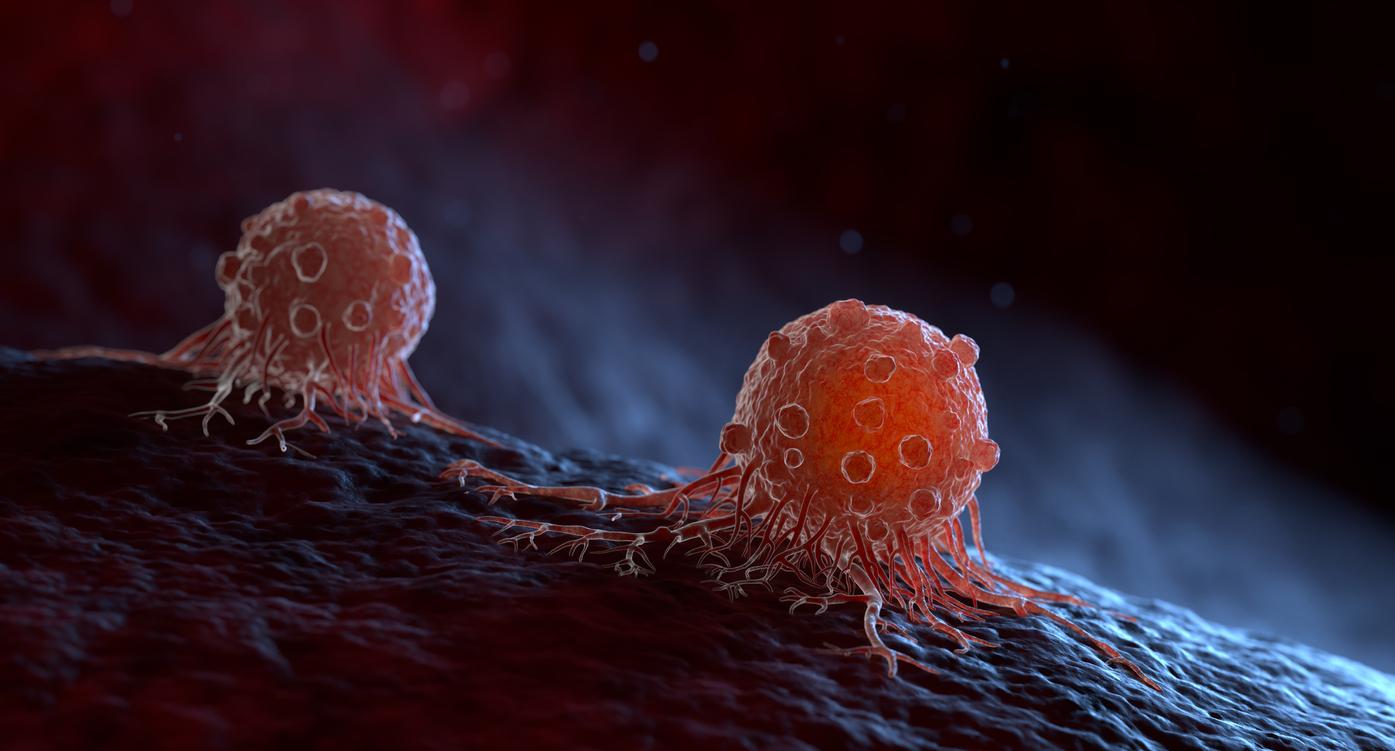New Zealand scientists have indicated that the use of parasitic worms could be a new therapeutic approach to treat ulcerative colitis.

- Ulcerative colitis is characterized by flare-ups, which can lead to abdominal pain, painful defecation, cramps and bloody diarrhea.
- Hookworm is a parasitic worm that grows in the intestines.
- New research has suggested that a capsule containing hookworm larvae may prevent the risk of relapse of ulcerative colitis in patients in remission.
Ulcerative colitis results in chronic inflammation of the lining of the large intestine. It can therefore cause the formation of ulcers in the intestinal mucosa. Treatments are usually prescribed to reduce inflammation, especially during flare-ups, which can lead to abdominal pain, painful defecation, cramping, and bloody diarrhea.
Parasitic worms to reduce the risk of ulcerative colitis?
In a recent study, researchers from Hookworm Therapy at the Malaghan Institute (New Zealand) suggested a new therapeutic approach for patients with ulcerative colitis in remission: taking capsules containing 30 hookworm larvae, parasites that settle in the intestines. This work was published in the scientific journal Inflammatory Bowel Diseases.
During the research, the scientists recruited 20 patients who suffered from ulcerative colitis and were in remission. The volunteers were either given 30 hookworm larvae or a placebo, and were followed for a year. They also provided information about potential changes in their gut health or discomfort. Samples were taken throughout the year to observe intestinal inflammation, microbiota and immune cell composition.
“We believe that the effect of hookworms may not be strong enough to move a person from a diseased state to a state of remission. However, once a person is in remission, hookworms could keep her in this state, prevent her from having flare-ups of the disease and reduce the need for medications, such as steroids, which suppress the immune system and have adverse effects”said Dr. Tom Mules, co-author of the study and gastroenterologist of the Malaghan Institute.
Parasitic worms and ulcerative colitis: mixed results
Over the months, the scientists noted the presence of eggs in the stool of the participants, which means that the parasitic worms were well developed in their intestines. However, no significant change in the condition of the patients was recorded.
According to the results, 40% of the volunteers infested with the worms were in remission one year after the start of the study compared to 50% of the placebo group. Regarding the inflammatory flare-ups that can occur even in patients in remission, the worms had no significant impact on the time between attacks compared to the control group.
However, the scientists felt their work had potential, despite the mixed results. “One of the key findings of this study is that a single dose of hookworm can reside in the body for several years or even longer (…) This means that if hookworm is effective in preventing flare-ups of the disease , it is possible to be infected and no longer have to take medication on a daily basis”, pointed out Dr. Tom Mules. The researchers therefore hope to confirm their hypothesis in a larger-scale clinical trial.














